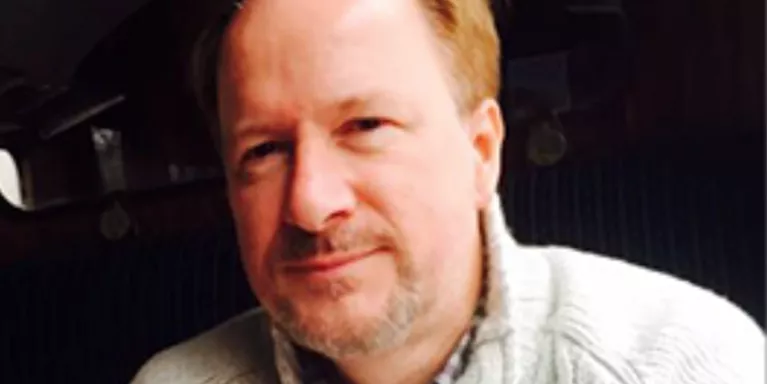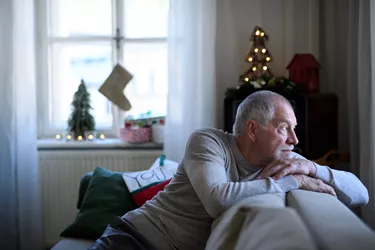Joining up services: the way forward for crisis care?
As a concordat has been agreed between the NHS, police, social services, local and national government - Alison Faulkner shares her thoughts on what this means for the future care of people who find themselves in a mental health crisis.
At the heart of a mental health crisis can be fear, disorientation, loss of identity and status, and acute despair. If you are to recover your initial balance and begin to understand what is happening to you, the first thing you need is to be listened to and treated with respect and care. Unfortunately this is often not the case. Sometimes the way you are treated can add to your distress by causing you greater shame and humiliation than you started with.
The Mental Health Crisis Concordat, published today by the Department of Health, aims to improve the response of services including the NHS, police, social services and housing to people in a crisis, first by setting out nationally agreed principles and then encouraging local sign-up of services.
There are many tales of poor treatment by mental health services and I could relate a few myself. More importantly, perhaps, is to ask why they are so prevalent. We can roll out the pat response that it is about stigma and discrimination, but that doesn’t fully answer it for me. People with mental health problems are pretty near the bottom of the heap in society and the fear of madness, of a loss of rationality, must play a part in that. But it still doesn’t explain why, as a society, we do not afford everyone in this kind of situation the same respect and rights as we would expect ourselves. Perhaps it is because some of us simply do not expect to be there ourselves. People in a mental health crisis are not ‘us’, but ‘them’.
The Concordat lays out some laudable principles: access to support before crisis point; urgent and emergency access to crisis care; good quality of treatment and care when in a crisis and help to recover and stay well to prevent future crises. Indeed they are quite ambitious in their vision. But all of this is clouded by a climate of funding cuts and recent evidence from the CQC that the use of the Mental Health Act is still on the rise. I am tempted to be sceptical of its prospects for success. All will depend on services in local areas working together to agree and deliver on their own Mental Health Crisis Declarations.
I am impressed by the number and quality of signatories to the Concordat, but very disappointed to see no service user or survivor-led organisations listed. Although Mind has done much of the sterling work to secure the views of service users and carers, there are no user-led organisations (ULOs) signing up to it. Genuine partnership working or co-production should include the voices of service users and carers in the planning and delivery of such major initiatives; after all, our wellbeing and our lives are at the heart of this issue. Without us, its success is bound to be limited.
Perhaps the future monitoring of the Concordat and the local agreements will put this right. We shall wait and see.


Information and support
When you’re living with a mental health problem, or supporting someone who is, having access to the right information - about a condition, treatment options, or practical issues - is vital. Visit our information pages to find out more.
Share your story with others
Blogs and stories can show that people with mental health problems are cared about, understood and listened to. We can use it to challenge the status quo and change attitudes.

















